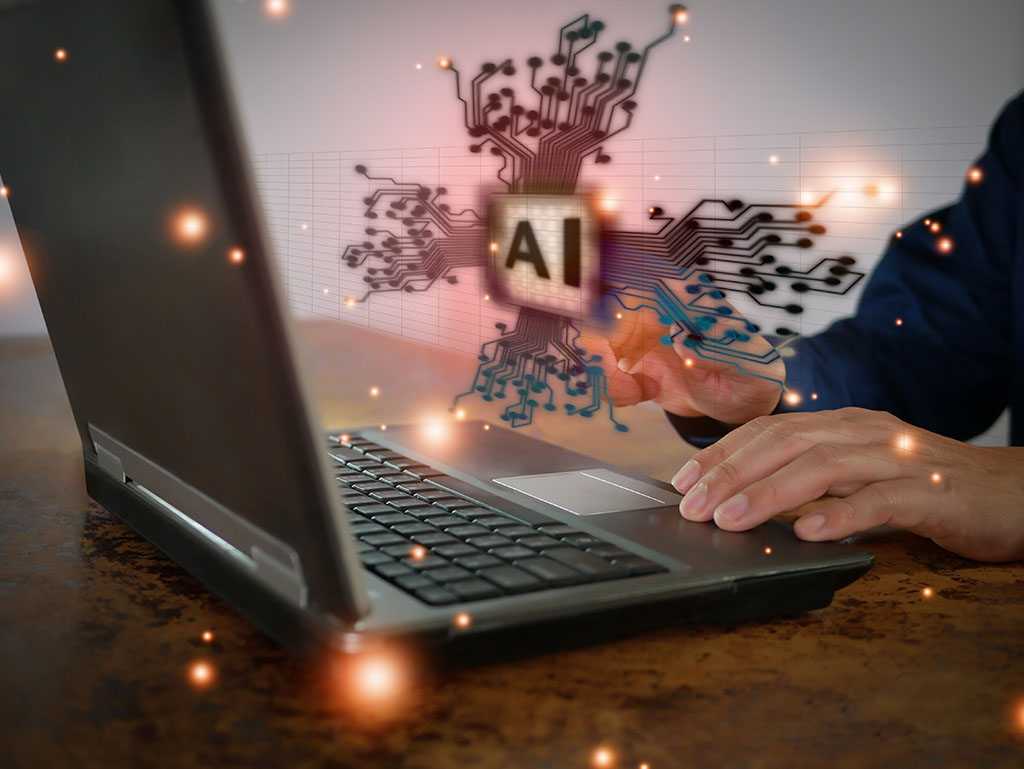
Artificial Intelligence Risks Need Immediate Attention Warns AI Pioneer Yoshua Bengio
Yoshua Bengio, one of the most prominent figures in artificial intelligence, has raised serious concerns about the trajectory of AI development. Speaking at the One Young World Summit in Montreal, Bengio called for urgent action to address the potential risks AI poses to society. His insights, reported by CNBC, highlight the necessity of introducing safeguards to ensure AI evolves in ways that benefit humanity rather than harm it.
Understanding the Potential Dangers of AI Systems
Bengio, a key contributor to the field of deep learning, warned that AI systems might soon rival human intelligence in many areas. This concept, referred to as artificial general intelligence, could lead to machines with cognitive capabilities equal to or greater than those of humans. While this might sound like science fiction, Bengio believes it is a plausible development within the coming decades.
IS YOUR COMPUTER SECURE?
FREE Malware Removal
Detect & Remove Adware, Viruses, Ransomware & Other Malware Threats with SpyHunter (FREE Trial)
IS YOUR COMPUTER SECURE?
FREE Malware Removal
Detect & Remove Adware, Viruses, Ransomware & Other Malware Threats with SpyHunter (FREE Trial)
IS YOUR COMPUTER SECURE?
FREE Malware Removal
Detect & Remove Adware, Viruses, Ransomware & Other Malware Threats with SpyHunter (FREE Trial)
A significant concern lies in the concentration of power among a small number of organizations and governments that can afford to build these advanced systems. Bengio cautioned that intelligence is inherently tied to power. In the wrong hands, advanced AI could exacerbate geopolitical instability, enable terrorism, or even be used to undermine democratic processes.
Risks of AI Misuse and Misinformation
The ability of AI to generate realistic images, videos, and voices has raised alarms about misinformation. Bengio noted that AI models are becoming increasingly adept at influencing opinions and even persuading people to change their beliefs. This capability could be weaponized to manipulate elections or spread false narratives.
Recent reports from OpenAI revealed attempts to exploit AI systems for disinformation campaigns ahead of elections. Bengio stressed that as these technologies become more sophisticated, their influence will only grow, making it essential to develop countermeasures now.
The Race to Develop AI and Its Consequences
One of Bengio’s key concerns is the competitive race among companies to achieve breakthroughs in AI, particularly AGI. This race, driven by the belief that first movers will dominate the field, creates incentives for cutting corners on safety and ethical considerations. Bengio likened this to a dangerous race with far-reaching consequences for society.
The current lack of clear liability for AI developers exacerbates the problem. Bengio argued that holding companies accountable for the harm their systems cause would encourage better practices. Without such accountability, companies may continue prioritizing speed and profits over safety.
Calls for Regulation and Research
Bengio has joined other AI experts in calling for stronger regulation and oversight of AI technologies. He supports measures requiring organizations to register advanced AI systems with governments to ensure transparency. He also emphasized the need for adaptable legislation to keep pace with rapid technological advancements.
Drawing parallels to industries like aviation and automotive, Bengio suggested that rules and guardrails are essential to harness the benefits of AI while minimizing its risks. He stressed that regulation should not stifle innovation but rather guide it in a direction that aligns with societal well-being.
A Future Worth Shaping Together
Despite the challenges, Bengio remains optimistic that humanity can steer AI development in a positive direction. He urged policymakers, scientists, and the public to work collaboratively on solutions, including technological safeguards and robust policy frameworks. Bengio’s message is clear: the decisions made today will shape the future of AI and its impact on humanity.
His call to action underscores the importance of acting now. By addressing these concerns early, society can avoid the most dangerous outcomes and ensure that AI serves as a tool for progress rather than a threat to humanity.